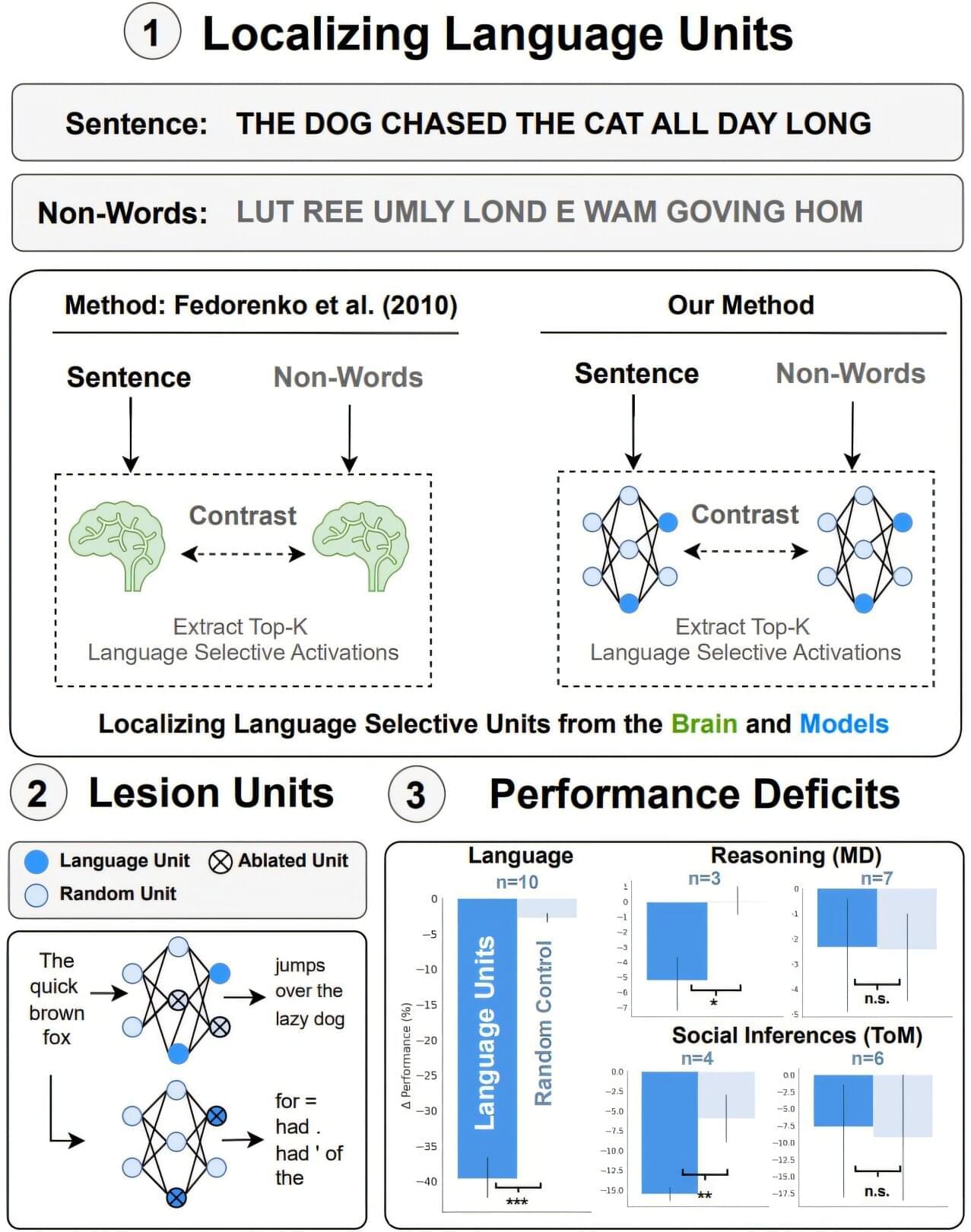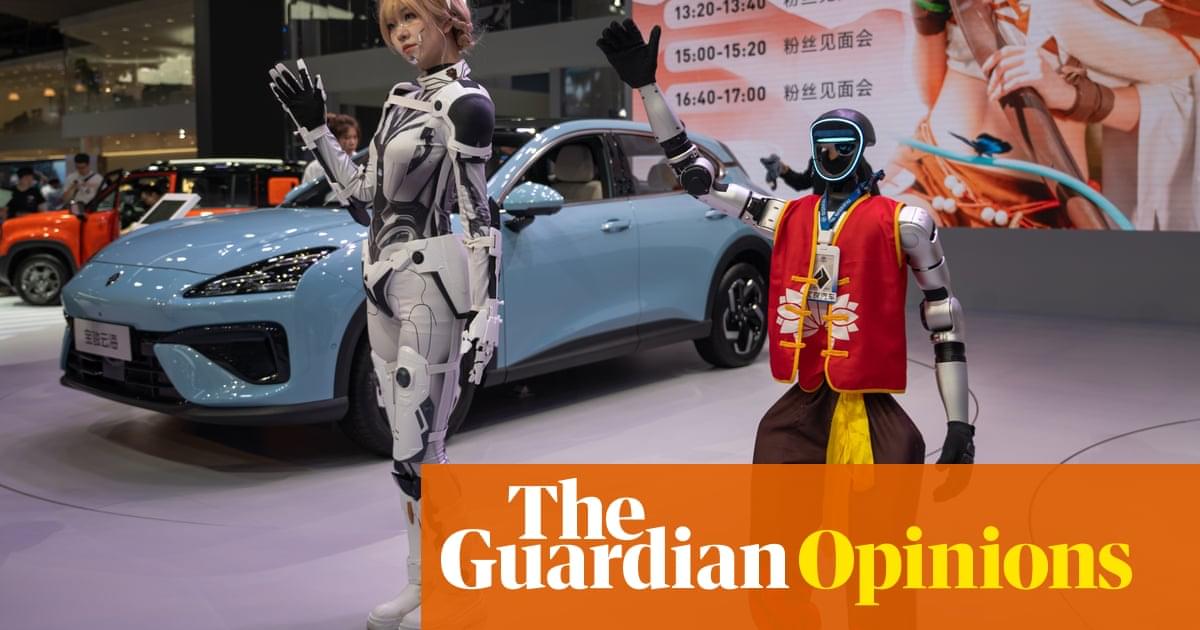HUGE AI breakthrough: Absolute Zero Reasoner deep dive. Self-improving AI that learns with no data! #ai #aitools #ainews #llm.
Sources:
https://arxiv.org/abs/2505.03335
https://github.com/LeapLabTHU/Absolut… Thanks to Tavus for sponsoring this video. Try Tavus for free https://tavus.plug.dev/T4AQw5K 0:00 Absolute Zero intro 0:50 Traditional methods of training AI models 4:00 Absolute Zero algorithm 5:01 How Absolute Zero Reasoner works 7:19 Types of training tasks 9:00 How good is Absolute Zero 10:47 Tavus 12:11 Adding Absolute Zero to existing models 13:01 Interesting findings 15:43 Uhoh… 16:50 Ablation study 18:15 More interesting findings Newsletter: https://aisearch.substack.com/ Find AI tools & jobs: https://ai-search.io/ Support: https://ko-fi.com/aisearch Here’s my equipment, in case you’re wondering: Dell Precision 5690: https://www.dell.com/en-us/dt/ai-tech… Nvidia RTX 5,000 Ada https://nvda.ws/3zfqGqS Mouse/Keyboard: ALOGIC Echelon https://bit.ly/alogic-echelon Mic: Shure SM7B https://amzn.to/3DErjt1 Audio interface: Scarlett Solo https://amzn.to/3qELMeu.
Thanks to Tavus for sponsoring this video. Try Tavus for free https://tavus.plug.dev/T4AQw5K
0:00 Absolute Zero intro.
0:50 Traditional methods of training AI models.
4:00 Absolute Zero algorithm.
5:01 How Absolute Zero Reasoner works.
7:19 Types of training tasks.
9:00 How good is Absolute Zero.
10:47 Tavus.
12:11 Adding Absolute Zero to existing models.
13:01 Interesting findings.
15:43 Uhoh…
16:50 Ablation study.
18:15 More interesting findings.
Newsletter: https://aisearch.substack.com/
Find AI tools & jobs: https://ai-search.io/
Support: https://ko-fi.com/aisearch.
Here’s my equipment, in case you’re wondering:



